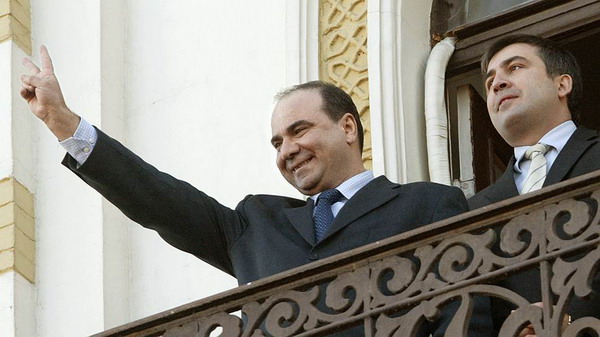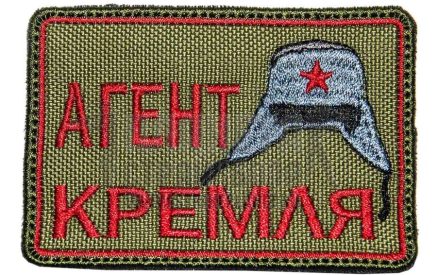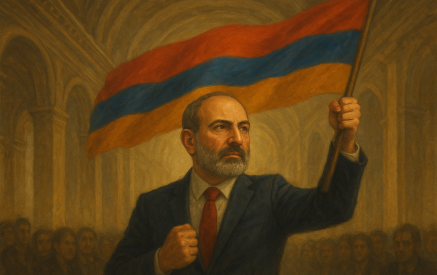When in 1974, 42-year-old Karen Demirchyan was appointed the Head of Soviet Armenia, his first speech in the party plenum contained a strong criticism against the previous government, even though he was not giving the name of the former first secretary, Anton Kochinyan. Today, we remember these two leaders with respect, some with nostalgia, even though in 1988, the revolutionary masses was chanting “Demirchyan, traitor.” But the fact remains, Demirchyan was criticizing Kochinyan, Harutyunyan to Demirchyan (for “stagnation”), the ANM to the Communists (for corruption, for plundering the country), Kocharyan’s team to ANM (for being “previous criminal regime”, despite recently the teams of the first and second presidents had become closer).
Whoever the next president of Armenia will be, even if it is Serzh Sargsyan’s closest person he will start his “kingdom” with acute criticism to the predecessors and complaints of “heavy heritage” that he had received. The same by the Soviet scale, Khrushchev criticized Stalin for “cult of personality”, Brezhnev criticized Khrushchev “for voluntarism”, Gorbachev to Brezhnev “for stagnation,” Putin to Gorbachev and Yeltsin for tearing down the Soviet Union and for putting Russia “on knees”. It happens, of course, that the matter is not limited to just criticism. South Korea’s former president, General Chun Doo-hwan, for example, was sentenced to be shot, then to life imprisonment. His successor, Roh Tae-woo, was sentenced to 22 years in prison. Both were accused of corruption and bribery. After both were excused, well, corruption may happen to anyone.
But in the history of this Korean “previous criminal regime”, there is an interesting piece of history. Chun Doo-hwan was also accused of violent disperse of the 1980 students’ demonstration in the city of Gwangju, during which several students were killed. The General obviously was not a Democrat, for which he stood up before the court, but, then, as I said, he was granted an excuse. And here, we come close to the “case” of the former Georgian President, Mikheil Saakashvili. At first, it seemed that he is a slight political opponent with Georgia’s current government, though, but not the “former criminal”. Saakashvili was even going to live in Tbilisi, in his grandmother’s house.
However, grandmother’s apartment, apparently, will remain empty, and Saakashvili is living from time to time in Ukraine and the United States. Because the former president was accused in his country of ordering the murder of Zurab Zhvania, as well as of corruption and theft of state money. Last week, Saakashvili was even imprisoned, of course, remotely because apparently he is not going to go back to Tbilisi. Most interestingly, this time, he is accused not of corruption or murdering Zhvania, but violent disperse of opposition’s demonstration on November 7, 2007, as well as closing down “Imed” TV company. Georgian General Prosecutor’s Office has brought up such charges against Saakashvili, and one of the courts in Georgia has considered these charges substantiated for arrest as a precautionary measure.
Read also
As far as I remember, there was also another president in our region, who had several times dispersed the demonstrations with excessive force, in one case he had shot at the demonstrators and killed them, as well as had closed down a TV company. Or, I am wrong?
ARAM ABRAHAMYAN



























































